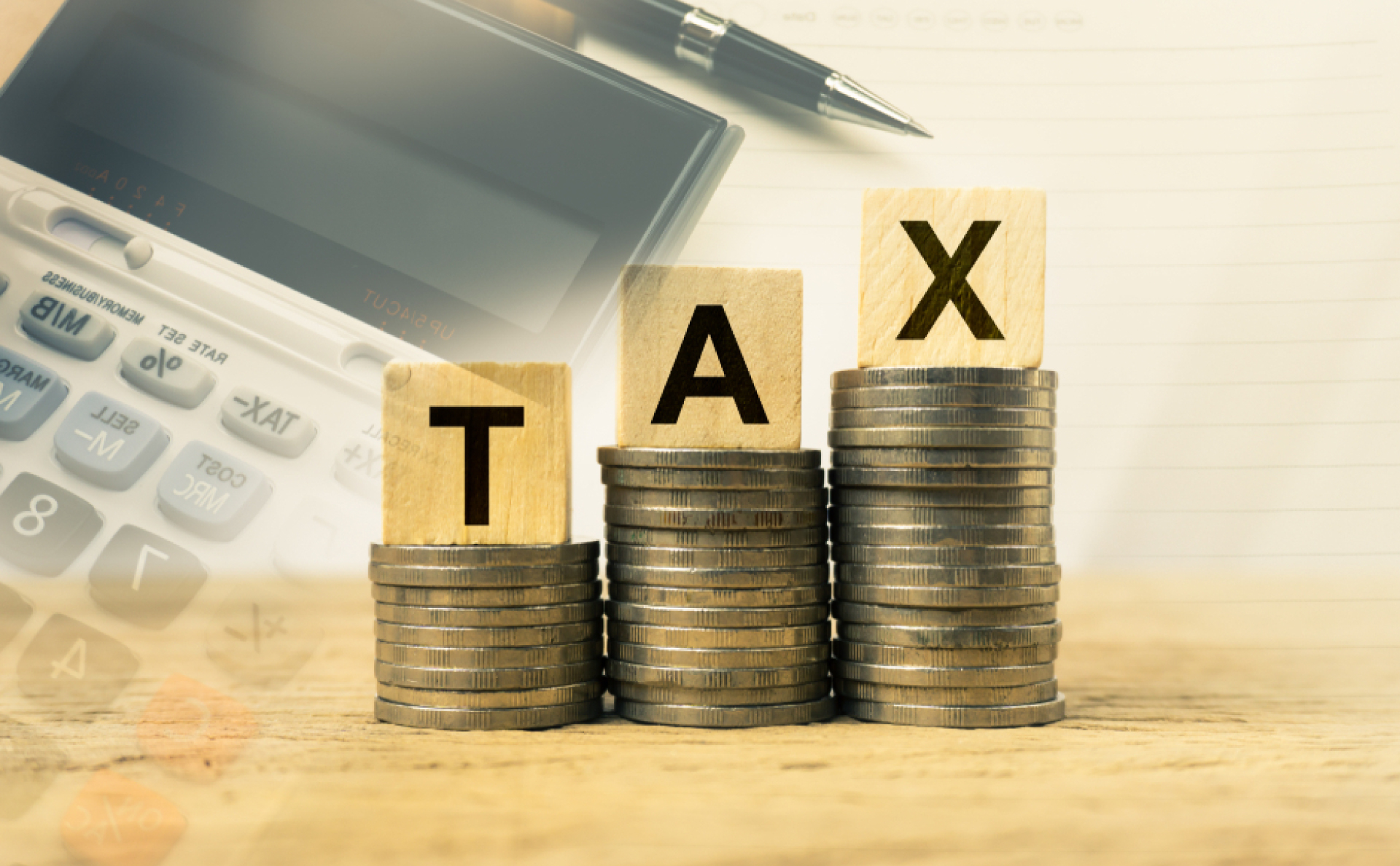PTBP Web Desk
The Pakistan Business Council (PBC), Federal Board of Revenue (FBR) Chairman Rashid Mehmood Langrial laid out the government’s ambitious plan to raise Pakistan’s tax-to-GDP ratio to 18% by the fiscal year 2027-28. The goal, which would mark a significant increase from the current ratio of 10.33%, is to be achieved through an expansion of the tax base, supported by a range of reforms including automation, digitalization, and enhanced enforcement mechanisms.
Langrial’s address to the business community was centered on the theme “Transformation of FBR,” with a particular focus on the measures being taken to modernize the country’s tax collection system. The Chairman provided a detailed overview of the ongoing initiatives and challenges in the tax collection system, revealing several key statistics that underline the need for reform.
Pakistan’s current tax-to-GDP ratio of 10.33% is significantly lower compared to other developing economies. Langrial emphasized that raising this ratio is crucial for the country’s economic stability and development. The FBR’s roadmap aims for the ratio to reach 15% at the federal level, with provinces contributing an additional 3%, which currently stands at a meager 0.85%.
To achieve this, the FBR is focused on expanding the tax base and improving compliance through a range of strategies, including the integration of technology and better data tracking systems. Automation, digitalization, and the implementation of a track-and-trace system are some of the key tools the FBR intends to leverage to combat tax evasion and ensure that more individuals and businesses are brought into the tax net.
Langrial also pointed to specific examples where tax evasion has been identified, highlighting the sugar industry, where until recently, untaxed sugar was sold alongside taxed sugar. With the introduction of the track-and-trace system, only taxed sugar is now available on the market, helping to address this widespread issue.
One of the most concerning areas of tax evasion highlighted by Langrial was the textile industry. He revealed that although 1.5 million bales of cotton are accounted for, the FBR lacks full visibility into the production at Sutar Mandi in Faisalabad, a key hub for textile production, and the export destinations of these products. This lack of transparency contributes significantly to the informal economy, making it harder for the government to collect the necessary taxes.
In addition, the healthcare sector was cited as another major area of concern. Langrial noted that over 90% of hospitals in Pakistan only accept cash payments, which allows them to conceal their actual income from the tax authorities. This practice is part of a broader trend where professionals in high-income sectors, such as doctors, are either underreporting or evading taxes altogether. Despite approximately 150,000 doctors being registered with the FBR, the average tax payment of just Rs. 2 million per year per doctor is seen as alarmingly low given their lifestyle, which suggests far higher earnings.
The FBR Chairman also acknowledged that Pakistan’s manufacturing and corporate sectors are burdened by high taxes, which impact their competitiveness on the global stage. He agreed that there is no justification for taxes like the super tax and high corporate tax rates, and he assured that efforts are underway to reduce these taxes to make the business environment more attractive.
The government’s goal is to rationalize the tax structure, ensuring that taxes are levied in a way that supports business growth while still generating necessary revenue for the state. Langrial emphasized that any tax reduction would be made in the context of available fiscal space and the need to strike a balance between supporting business development and boosting state revenues.
During his speech, Dr. Hamid Ateeq Sarwar, Member of Inland Revenue Operations, also confirmed that the government has decided against introducing any new tax amnesty schemes. The government has concluded that such schemes often end up benefiting tax evaders rather than encouraging voluntary compliance. The decision reflects the government’s commitment to reforming the tax system and creating a more transparent, fair, and efficient revenue collection process.
Langrial pointed out that automation and digitalization would play a crucial role in expanding the tax base. The FBR is currently implementing various digital tools and systems that will streamline the process of tax collection and make it easier for businesses and individuals to comply with tax regulations. These measures are expected to reduce the reliance on manual processes, minimize human error, and close loopholes that allow for tax evasion.
The Track and Trace system, which has already been implemented in certain industries such as sugar, is expected to be expanded to other sectors in the coming years. This system allows for real-time monitoring of products from production to sale, ensuring that the correct taxes are paid at each stage of the process. Such measures are expected to significantly reduce tax evasion and increase overall tax compliance across the country.




